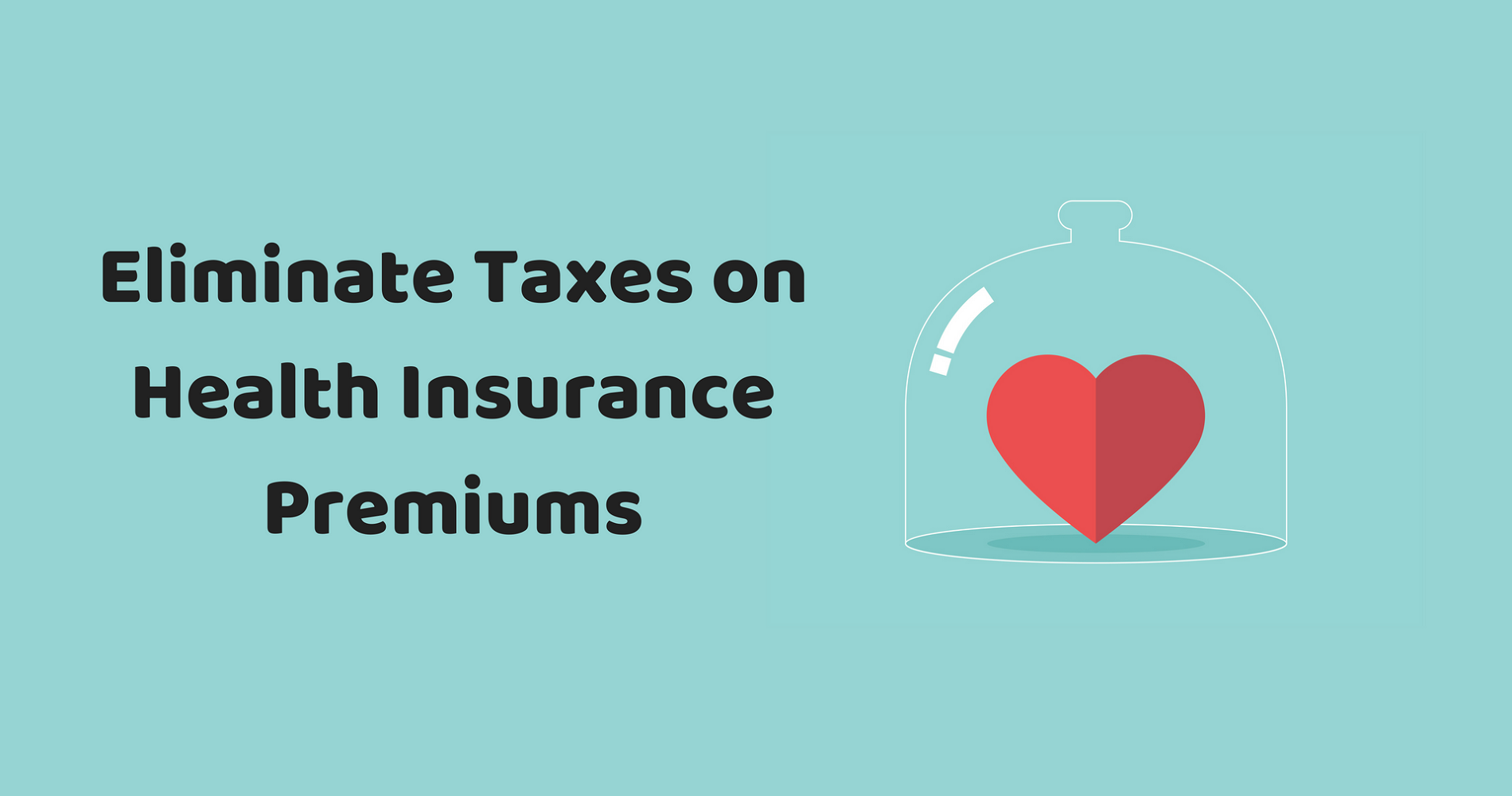Let's face it; insurance is complicated. Whether you're trying to figure out your benefits coverage or you simply need to know where to send a claim, many patients struggle when it comes to simple insurance tasks.
One common insurance system that causes endless confusion for patients is a COB. And, while a COB might seem complex at first glance, with the right information in your hands, it can be fairly straightforward.
If you're interested in learning just what is coordination of benefits and why it matters, you're in the right place. We're here to break down COBs for you.
What is Coordination of Benefits?
A COB, or coordination of benefits, is when someone is covered by more than one insurance plan. This is actually pretty common. Many people are covered not only by their own insurance but also by insurance under a spouse or relative.
In these situations, coordination of benefits is what helps make sure that coverage and payouts are managed by both insurance companies. COB will tell which insurance to pay which portion of a covered procedure.
With a COB, most insurance providers will have pre-arranged agreements or coordination of benefits rules, for which company will pay for the procedure first. Any remaining balance on the procedure can then be billed to the secondary insurance.
This process of smoothly handling coverage between the two insurance companies is what makes up the coordination of benefits.
How Does Coordination of Benefits Work in Health Insurance?
Now that you understand what coordination of benefits is, let's answer the question, "how does coordination of benefits work in Canada." There are a few different ways that it can work.
Waiving COB
The first method for handling coordination of benefits is actually to not handle it at all. If you're being presented with a health insurance plan and already have health insurance coverage, you can choose to waive your new healthcare.
When waiving coverage, you can either do so just for yourself or only for your dependents. When you do so, you won't have to worry about paying for your second insurance plan, but you will only get the benefit of coverage from one provider.
Also, you will only be able to waive the plan if you have comparable coverage under different insurance. If not, you'll be required to accept the healthcare plan and opt in to COB.
Opting In to COB
You don't always have to choose to waive your secondary coverage. Sometimes, you may want to choose to coordinate benefits. This means that you want to be covered by both insurance plans.
You're able to say that you want to coordinate benefits for only yourself or for your dependents as well. This gives you some flexibility as to how you'd like to be covered under your secondary insurance plan.
Either way, you'll need to understand that your health insurance plans will both charge you a premium. However, you'll be covered by two different insurances, which can help save you money in the long run.
Does Coordination of Benefits Save Money?
Getting started with coordination of benefits might seem like it's going to be an expense. Or, it could simply seem unnecessary.
The truth is, however, coordination of benefits can actually offer a few important advantages. This is because it lets you improve the benefits offered by your current healthcare plan and gives you additional healthcare coverage.
For businesses, coordination of benefits can help them offer employees better healthcare coverage options without necessarily incurring additional costs. Because of this, employees can wind up paying fewer costs with coverage by both plans, and the employer pays less because their portion for each plan is less.
In this way, coordination of benefits becomes a great way for companies to offer employee benefits that are still attractive but also to reduce costs.
What is A Coordination of Benefits Example?
To better understand the coordination of benefits process, it can help to check out a few different scenarios. Here are a few scenarios that will help you better understand how a COB pays out.
Does My Spouse's Plan or My Plan Pay First?
The first rule of COBs to understand is that your plan will always pay first if you are the member, rather than a dependent. Once your own plan has paid out, you'll be able to use your dependent coverage under a spouse's plan.
Which of My Two Plans Pays First?
Sometimes, a member has two different plans. This can happen if he or she has two group plans by their employer. In this scenario, the plan that has given you the longest coverage will pay out first.
Does My Plan or My Kids' Plan Pay First?
It's not just adults that get coverage. Children can also get coverage through their job or through school. When these plans are in play, they will pay out before any coverage from their parents' plans.
Does My Plan or My Spouse's Plan Pay Dependent Coverage First?
Sometimes both parents will have health insurance plans, and both of those plans will cover their children or other dependents. In these situations, it can be tricky to know who pays first. Typically, the plan of the parent who was born first will cover the child first.
Make Use of Your Answers On What is Coordination of Benefits
Now that you have a solid understanding of the coordination of benefits, you may be able to take advantage of multiple insurance plans. Before automatically waiving additional insurance coverage, be sure to look into what benefits opting for COB would provide.
Looking for health benefits or additional coverage?
Small business owners and incorporated individuals in Canada can use a Health Spending Account (HSA) to save on their medical expenses. An HSA is a cost effective alternative to traditional health insurance. The plan covers a wide variety of health and dental expenses. You could save thousands of dollars in taxes with an HSA.
Find out more about Health Spending Account (HSA), download my free guides:







